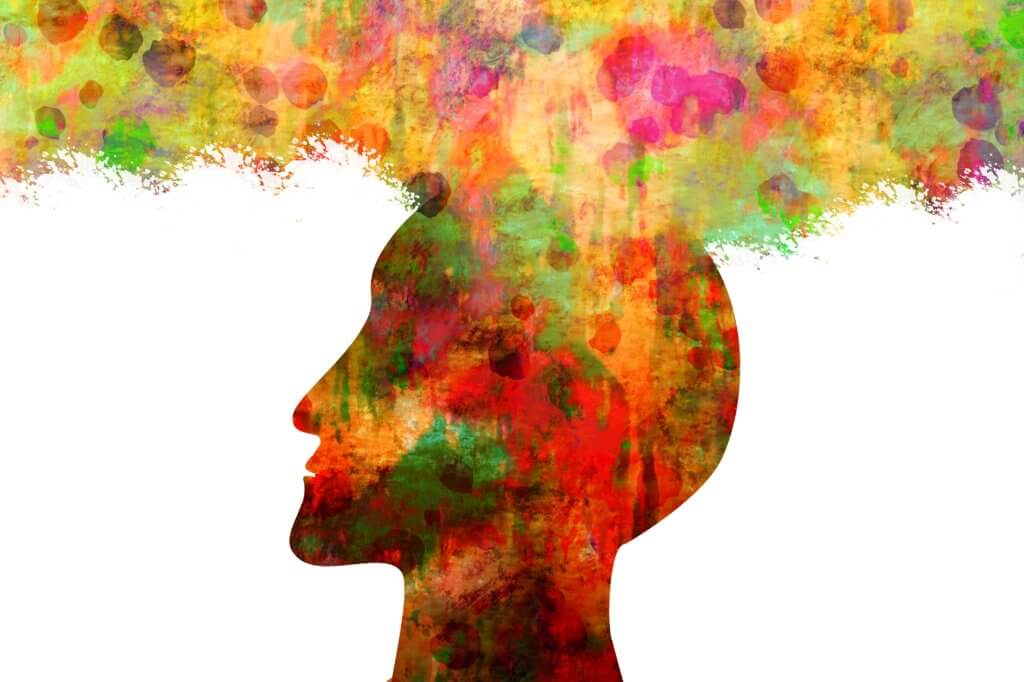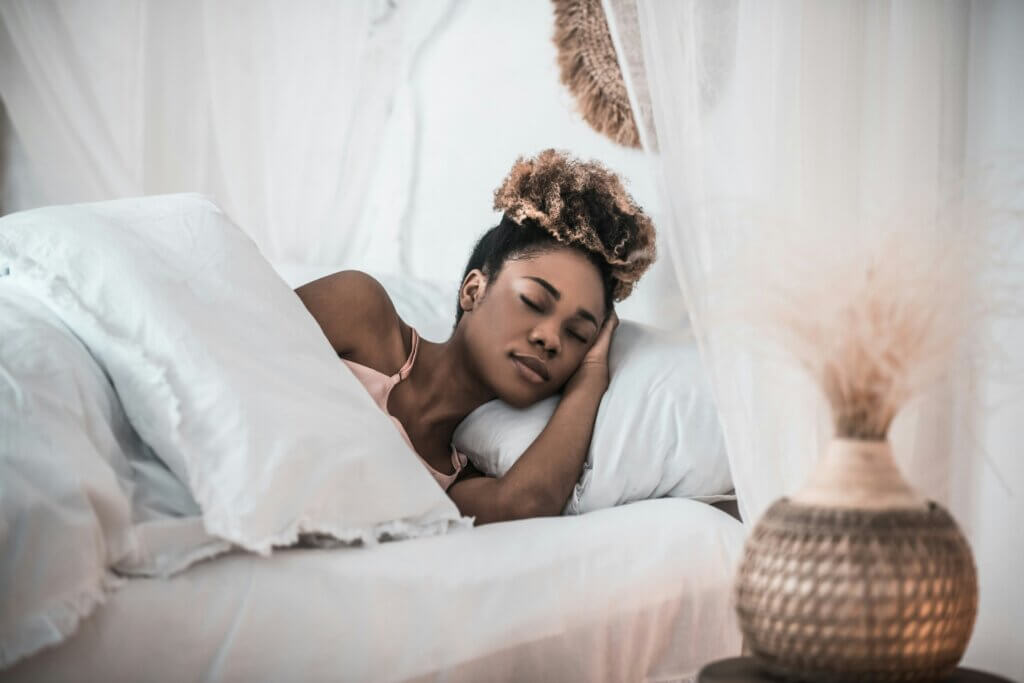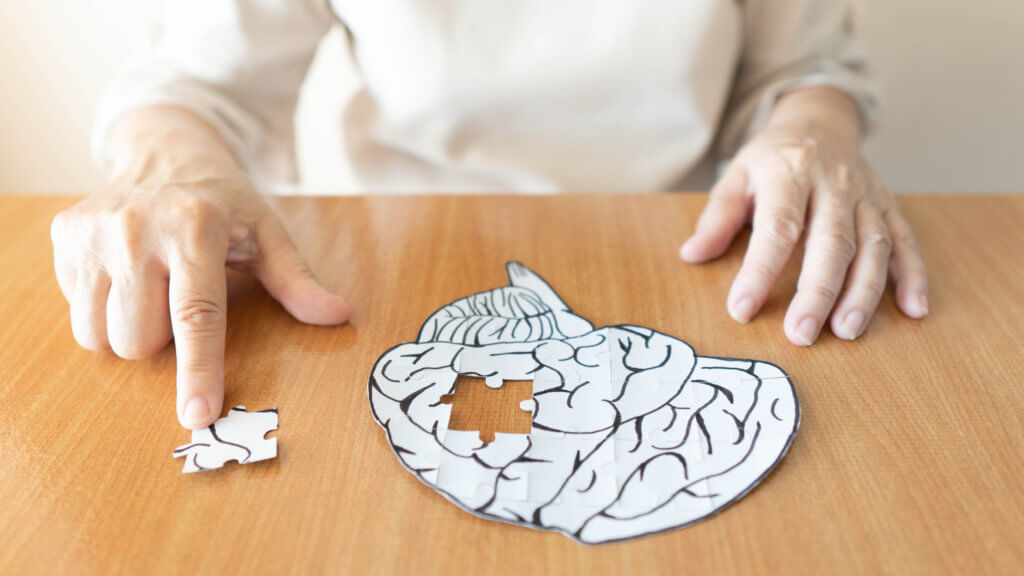You likely intuitively grasp how a good night’s sleep enhances remembering facts or events recently learned. But scientists now appreciate sleep plays an even deeper role in memory consolidation, stitching together disparate pieces within an episode into an integrated tapestry so the brain efficiently retrieves the whole cloth from a single thread.
In a recent paper published in Proceedings of the National Academy of Sciences, researchers at Ludwig Maximilian University of Munich in Germany provide compelling new evidence sleep functionally binds weakly associated aspects of an experience and connects indirectly related components. Their findings reveal sleep essentially solves puzzles of memories that awake minds would struggle to piece together.
In other words, sleep allows the brain to hold onto more complex memories with a much stronger, lasting grip.
“We were able to demonstrate that sleep specifically consolidates weak associations and strengthens new associations between elements that were not directly connected with each other during learning,” said lead author Dr. Nicolas Lutz, a researcher at LMU’s Institute of Medical Psychology, in a statement.

Memories resemble mosaics or puzzles more than uniform blocks. An event memory comprises numerous informational shards – places, individuals, objects, conversations – linked by neuronal connections of varying sturdiness established at encoding. Some fragments relate indirectly via intermediates in an elaborate network belying the cohesive scene replayed during recall.
The phenomenon termed “pattern completion” describes how people fluidly regenerate entire original experiences from partial cues. For example, a faded Polaroid, familiar scent, or old song suddenly transports one back to substantial scenes as details once encoded rush to reconnect.
Lutz and colleagues examined whether sleep facilitates knitting those different threads by boosting weak associations and forging new links absent during initial learning.
The team had participants memorize thematically related word clusters with some pairs weakly or indirectly tied. After a night of sleeping or staying awake in the lab, volunteers attempted recalling various target words when prompted with only one.
Compared to those who stayed awake, participants who slept showed improved recall of indirectly associated words not originally paired together. Sleep also selectively strengthened the recall of loosely related word couples that were weakly learned.

By monitoring sleepers’ brainwaves, the scientists linked overnight memory gains with so-called sleep spindles – bursts of neural oscillations organizing information for long-term storage.
“This finding suggests that sleep spindles play an important role in the consolidation of complex associations, which underlie the completion of memories of whole events,” said Professor Luciana Besedovsky, lead researcher of the study.
The new portrait of sleep ingeniously stitching the fraying fabric of yesterday’s adventures offers practical perspectives too for educators, clinicians and companies training personnel. For example, spacing study sessions on topics with practice tests in between rather than cramming content together optimizes integrating brain benefits from sleep.
Of course, sleep disorders or medications impairing spindle generation could handicap their essential work weaving together memories’ tangled threads overnight.
So the next time your mind summons a vivid scene from the faintest fragment during a sleepy morning commute, appreciate sleep already worked its familiar magic piecing together yesterday’s fading puzzle the night before.












